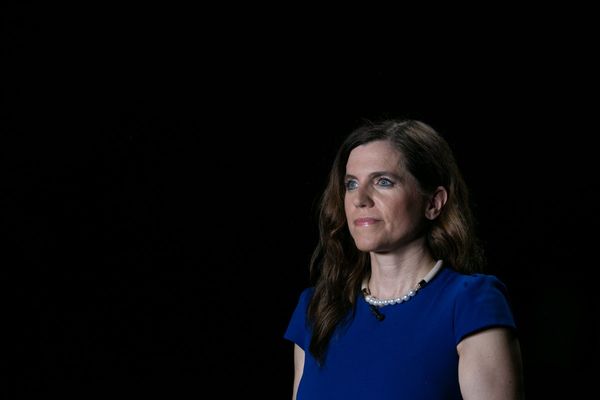ST. LOUIS — A Washington University study has found higher incidence of prescription opioid use among recovering COVID-19 patients, suggesting doctors are using the potent painkillers to treat the lingering effects of the virus — and leading the study's main author to caution against such a trend.
The study was released last month in the journal Nature. Its main finding showed that individuals recovering from COVID-19 had an increased risk of death over the following six months, when compared with the general population. The study involved records of more than 87,000 patients who had tested positive for COVID-19, and nearly 5 million control patients in the U.S. Department of Veterans Affairs health care databases.
But more recently, Dr. Ziyad Al-Aly, an assistant professor of medicine at Washington University and senior author of the study, has been trying to alert health care providers of one particular finding: For every 1,000 patients, there were about nine more opioid prescriptions in the group of patients who previously had COVID-19 than in the general public.
"That, to us, raised alarms," Al-Aly said.
The study did not look at the conditions for which doctors prescribed the medications, and Al-Aly acknowledged that further research will be needed on that point. He noted that joint and muscle pain are among the symptoms reported by people with "long COVID," who experience the lingering and sometimes serious effects of COVID-19 for weeks or months after the initial infection.
In the Washington University study, the researchers found higher incidence of mental health conditions, along with respiratory, nervous system, cardiovascular and gastrointestinal conditions.
Nine opioid prescriptions per 1,000 patients may seem like a small number, Al-Aly said, but, "given the sheer enormity of this pandemic, this is not a small number of people."
In Missouri, nearly 595,000 people have tested positive for the virus since the beginning of the pandemic, according to state data. Nationwide, the known case count exceeds 32.8 million.
Al-Aly said that the long-term effects of COVID-19 are real, and those patients' pain should not be ignored.
"We're not saying we should not be treating or addressing pain," Al-Aly said. "All we're saying is that we should, to the extent possible, explore alternatives that do not have an addictive potential."
Tylenol or nonsteroidal anti-inflammatory drugs can be used, in some cases. Al-Aly said some patients also benefit from physical therapy, but not all.
Al-Aly said health systems and governments need to be prepared to treat the unknown number of people in the U.S. who are suffering from long COVID. One approach has been the establishment of post-COVID clinics, such as the one the Washington University School of Medicine opened in October.
"This is not just a respiratory infection that you nurse for a week, or two, or three ... and goes away," Al-Aly said. "Long COVID is a multifaceted disease. The burden is likely to be substantial, and health systems should be prepared."







